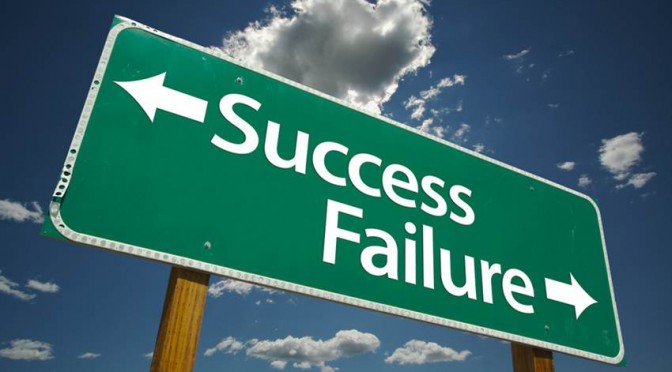Nah, we’ll get around to it later.
“Hi, my name is Michael, and I’m a procrastinator…”
In our inaugural podcast, Gabriela Bromley, a neuroscience major at Simmons College, introduced to our listeners the relationship between procrastination and anxiety. I’m amazed by the insight – so simple, so obvious, but one that I had never considered before.
I asked a guidance counselor friend of mine about it. This professional’s ability to relate to and understand kids is extraordinary. “Wow,” she told me, “I’ll have to include that in my next student questionnaire.” Me, too.
Rational Choice Theory
When teaching, I always talked to kids about procrastination. I viewed it as an entirely rational choice and its opposite, getting things done right away, as, well, a bit freaky. Think about all the moral tales and quotes on it, starting with Thomas Jefferson’s, “Never put off till tomorrow what you can do today” or Aesop’s “The Grasshopper and the Ants” fable. If procrastination weren’t so normal, society wouldn’t lecture us about it so much.
Thankfully, Mark Twain comes in on our side: “Never put off until tomorrow what you can do the day after tomorrow.” Yep, there’s always another tomorrow, or so we hope. Yet even Twain gets serious and gives actual advice on how to beat the impulse to delay:
The secret of getting ahead is getting started. The secret of getting started is breaking your complex overwhelming tasks into small manageable tasks, and then starting on the first one.
It’s tough advice, no matter who it comes from, because just grasping the nature of some tasks sure can be “overwhelming.” And if we could just do that first step, wouldn’t we be doing the rest already? How are we going to start that first thing if the entire thing is scary, or if we are unsure and intimidated by it? Even more readily than putting off what we know we must do, we put off what we don’t understand how to do. Thank you, Gaby, for pointing this out!
Teachers: how many of your procrastinators just don’t know what to do? How many late papers or projects are late because the student was unsure and insecure about it, and not because they’re lazy or disengaged? Have you prepared your students for it? Have you identified their needs and concerns? It’s not so simple as “get it in on time,” anymore, is it?
Warriors
It begs the question, however, that if we are anxious and unsure, how come we finally get to it at the hard deadline?
“If it weren’t for the last minute, I wouldn’t get anything done”- Anonymous
The reason that procrastinators posses infinite ability to focus and work long hours just before a deadline is because the task wasn’t clear to them until then. It was the deadline that forced the concentration and the courage that went missing before. We procrastinators need to build early that anxious deadline feeling, that scent of battle that finally pushes us to get it done at the last minute — only at the first minute, instead.
But this is, as they say,
Easier said than done.
“How soon ‘not now’ becomes ‘never.'” – Martin Luther King, Jr.
That and the Golden Rule, easier said than done. So what can we do about it? A couple thoughts, first, following Gabriela’s ideas about procrastination and anxiety, and the other following our core strategy of articulation at the A+ Club:
1. “Am I putting it off because I’m afraid of it?
From now on I will use Gaby’s dictum as the first question. Am I afraid? Or is it because I don’t know what to do? It’s so much easier to say “I can’t” than to get help. Again, a rational choice. But, we want to resolve this procrastination thing, not excuse it. So, instead:
2. Articulate: say it, track it, and get it done.
At the A+ Club , our view on overcoming procrastination and delay is to think about it, say it, and remind. The more you speak it the closer you are to getting it done. We call it “Articulation.” Say it, track it, and get it done.
Student procrastination is not about laziness. Not even procrastinators put off the things they enjoy. When students are inspired and engaged, they eagerly jump on the assignment and meet all the deadlines. Sure, procrastination is a matter of priorities — get off the phone, turn off the Xbox, and so on, but we prioritize what we best understand and believe in.
Maybe it’s time for us all to put off taking an honest look at procrastination.
– Michael
The A+ Club from School4Schools.com LLC, based in Arlington, VA, is dedicated to helping students across the U.S.A. meet their goals and find the academic success the want and deserve. Contact us here or call now to (703) 271-5334 to see how we can help.


![urgent_msclipart_C900434758[1]](http://school4schools.com/blog/wp-content/uploads/2014/01/urgent_msclipart_C9004347581-150x150.png)


